Sao Paulo CNN —
The thundering sound of gunfire reverberates through a room during a seemingly endless barrage.
It’s just after seven in the evening and the G-16 gun range in São Paulo is busy, as patrons file in to unwind after a busy day at work. Shooting ranges like G-16 have thrived and expanded in the past few years, gaining more members as sales of guns and ammunition rise.
The credit, according to G-16’s co-owner, Daniel Pazzini, goes to Brazilian President Jair Bolsonaro.
“He basically did free advertising, encouraging people to buy guns and defend themselves that way,” Pazzini said, referring to Bolsonaro’s longstanding pro-gun message. Two large portraits of the President decorate the walls of his range, next to a plethora of handguns, shotguns and some large caliber rifles.
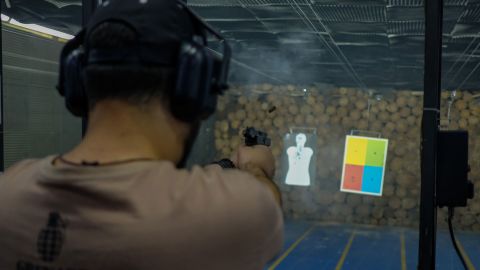
Gun laws have become a key battleground — alongside religion— ahead of Sunday’s presidential election run-off vote between Bolsonaro and his left-wing rival Luiz Inácio Lula da Silva.
The fractious campaign has seen both men take opposing sides of the gun ownership debate, while attempting to court evangelical Christians, who are estimated to make up over 30 percent of Brazil’s population, according to research institute Datafolha.
While people of all political affiliations are welcome in his club, Pazzani says the choice for his members will likely be a simple one. “Bolsonaro defends the rights of gun owners, for good people, whereas Lula [da Silva] defends disarmament,” he says.
During Bolsonaro’s presidency – between 2018 and 2021 – the number of registered firearms in the country rose from 350,000 to over 1 million, according to Brazilian Federal Police.
In contrast, Lula da Silva has pledged to tighten gun control if he is elected. Under his proposal, ordinary citizens would still be allowed to own guns but not carry them.
Pazzini says he doesn’t expect Lula da Silva to have much of an impact on his livelihood even if he becomes president – but he’s putting his chips on Bolsonaro.
In a campaign season that has focused more on social issues and culture wars than the nuts and bolts of policy, an increasing number of churches and religious leaders have begun openly preaching electoral salvation.
Both presidential candidates have recognized the impact and influence churches have in the electorate, and have scrambled to get as many religious groups as possible on their side.
The task seems easier for incumbent Bolsonaro, who regularly prays at his rallies and has a socially-conservative stance on abortion, same sex marriage and gender, which are more aligned with most churches.
At the Victory in Christ Assembly of God, a Pentecostal church in Santo André, a commuter town on the outskirts of Sao Paulo, head pastor Odilon Santos, is not shy about his political affiliation, saying he will “vote for Bolsonaro because of the principles he defends.”
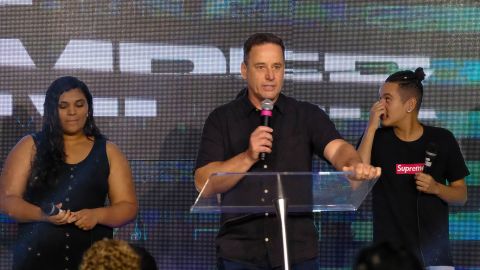
Santos not only believes it’s fair for the church to get involved in politics, he relishes the opportunity.
“We believe this is excellent, it’s a privilege for us, because for many years the church would not take a stand in such an important moment for the nation,” he says. “I am a preacher of the church but I am also a Brazilian citizen, I fulfil my obligations, I pay my taxes. I believe I have the right to take a stand and to influence others.”
Lula da Silva has also made efforts to court Brazil’s churches. The former President was already leading Bolsonaro 53% to 28% among Catholics — the country’s biggest religious denomination — before the first round vote earlier this year, according to a DataFolha survey from September 22.
And last week, Lula also released an open letter to evangelicals, promising to safeguard religious freedoms and distancing himself from some of the more divisive issues, such as abortion.
“I am personally against abortion and I remind everyone that this is not an issue to be decided by the President of the Republic, but by Congress,” Lula wrote.
But his words fell on deaf ears in Santos’ congregation, he says. “For us, that letter has no value.”
Distrust has been exacerbated by a bitter campaign season, marked by intense misinformation campaigns and name-calling on both sides.
Authorities in Brazil have ramped up efforts to remove inaccurate information from social media websites, even setting up their own platform to debunk some of the accusations. But the effort sparked cries of censorship among supporters of Bolsonaro, who have faced more investigations of alleged misinformation dissemination than those backing Lula.
In October, Brazil’s Supreme Court mandated that a Bolsonaro-affiliated radio station give Lula da Silva’s campaign a right to reply to some accusations, which the court considered to be “untrue, distorted or offensive.” The decision has inflamed Bolsonaro supporters, who claimed the station, Jovem Pan, was being unfairly suppressed.
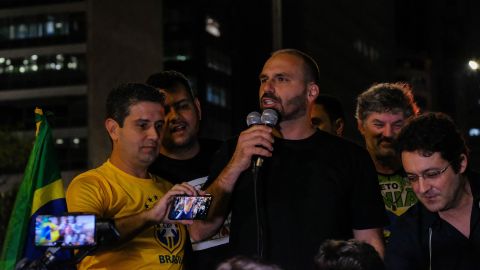
“They say it’s fake news, anti-democratic acts. What is that? What is the definition?” said Bolsonaro’s son, the lawmaker Eduardo Bolsonaro, at a rally in Sao Paulo on October 25 in support of Joven Pam. “It’s unbelievable. They just say this is fake news. This is anti-democratic acts and they arrest you.”
With the polls showing only a small margin between the candidates ahead of Sunday’s vote, it’s hard to predict who will come out on top. What is clear however is that the polarizing campaigns, which exacerbated Brazil’s many fault lines, will make the job harder for the new president.

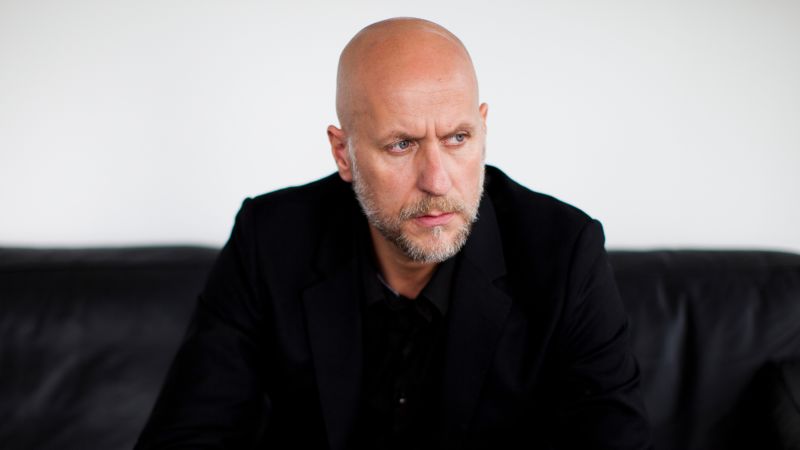
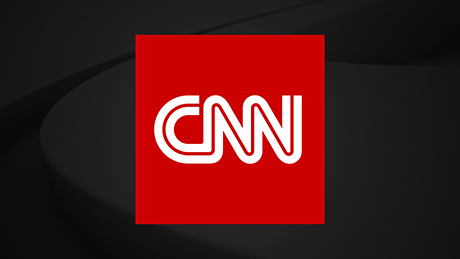
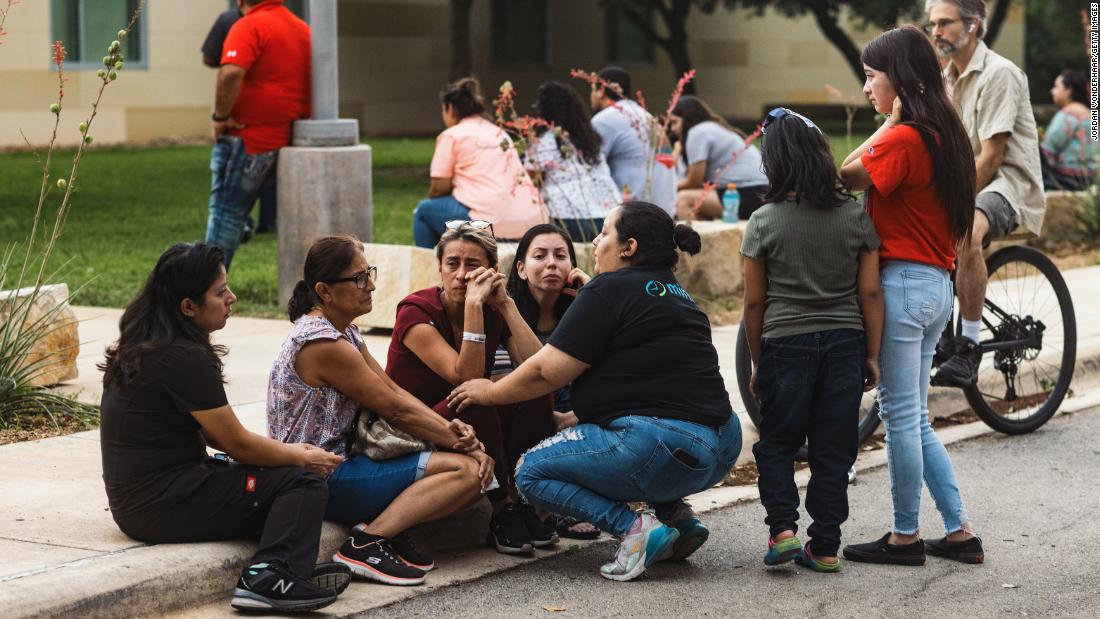


 English (US) ·
English (US) ·